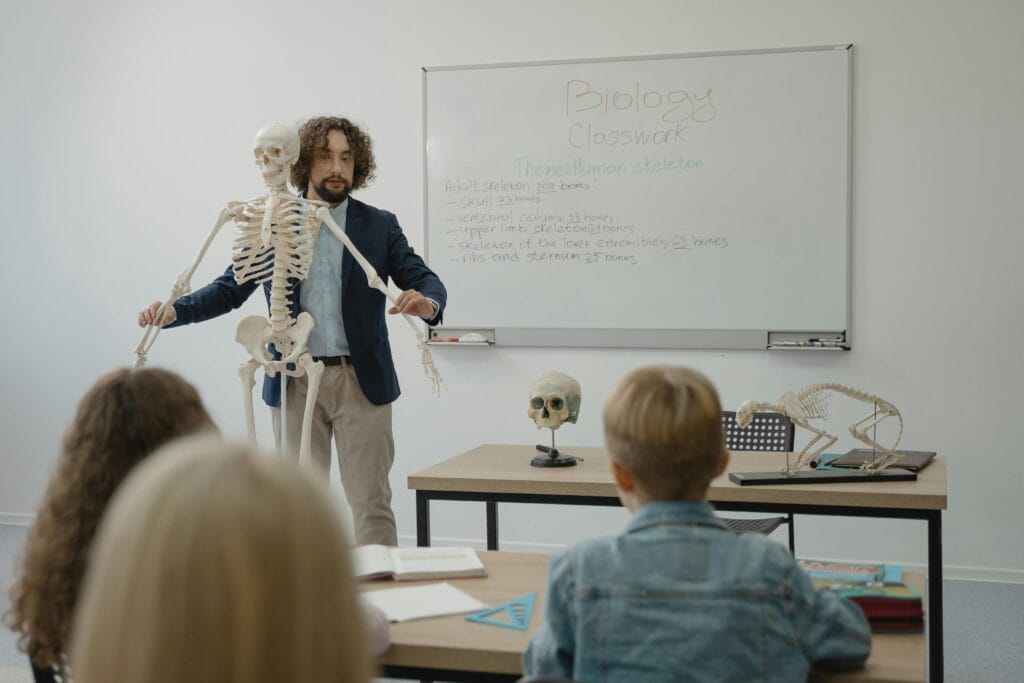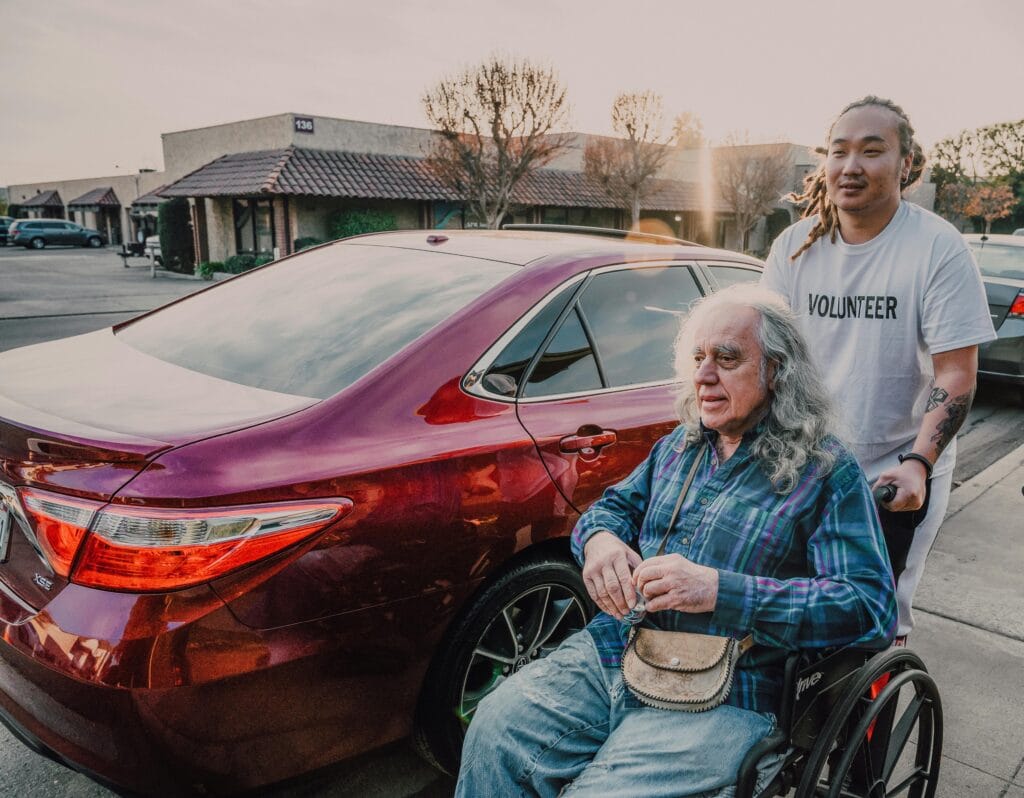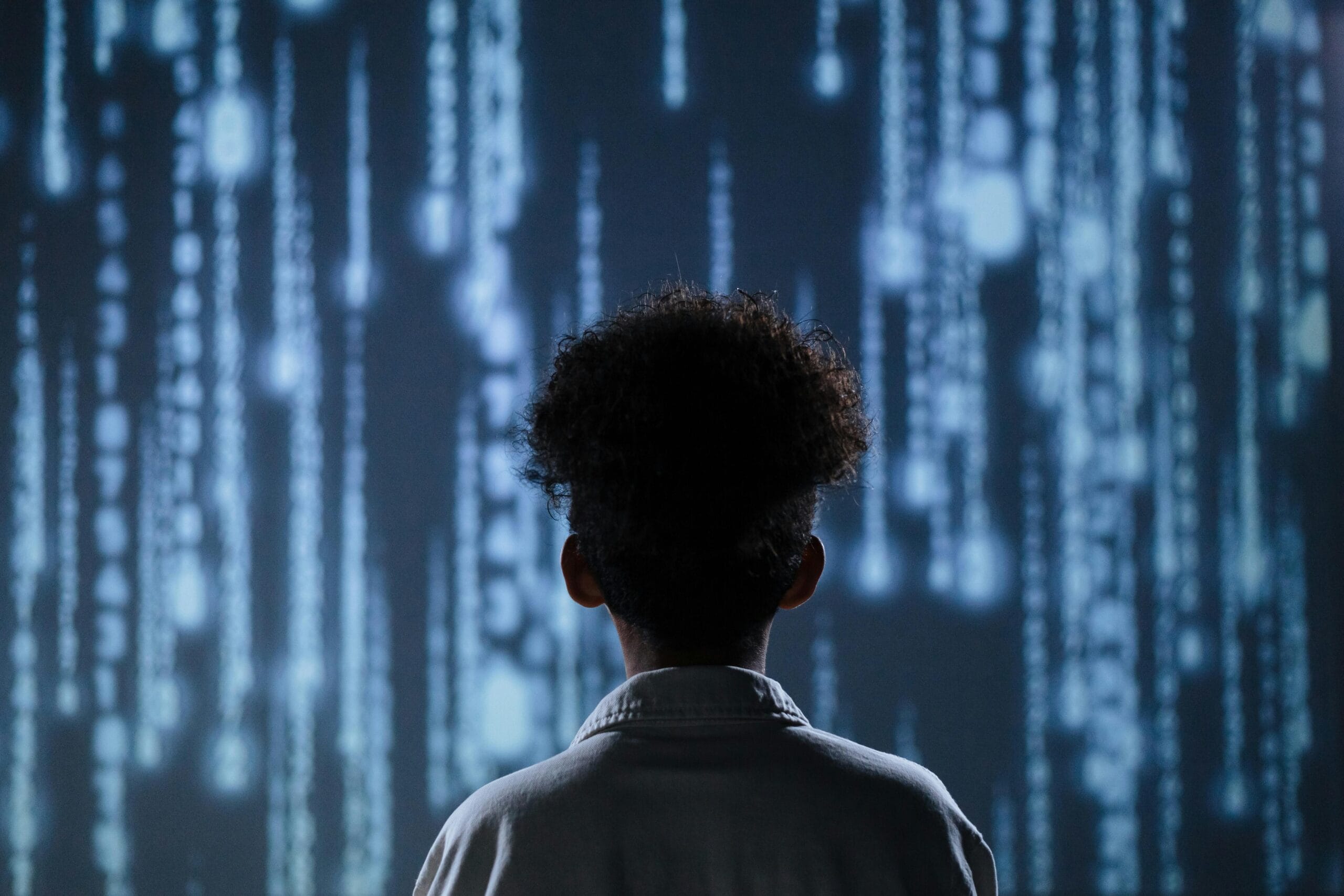Artificial Intelligence (AI) is no longer a concept of the future — it’s shaping our present. From personalized recommendations on streaming platforms to advanced data analytics in global enterprises, AI is redefining how we live and work. But amid this rapid progress, one question often arises: What are the jobs that AI can’t replace?
Despite AI’s impressive capabilities, it still lacks one thing — humanity. It can compute, automate, and even simulate, but it cannot feel, relate, or genuinely understand human experiences. Many professions rely on empathy, creativity, ethical judgment, and personal connection — all traits that make us human and irreplaceable.
Let’s take a closer look at the top 10 jobs that AI can’t replace, and why these roles will remain firmly in human hands — no matter how smart machines become.
1. Healthcare Professionals

Doctors, nurses, and medical therapists do more than follow protocols — they treat human beings. Every diagnosis, treatment plan, and comforting word requires not only scientific knowledge but emotional intelligence.
AI can assist with diagnostics, scan images faster, or predict potential health risks. But when a patient receives life-changing news or struggles with pain and fear, only a human can offer the compassion and emotional reassurance needed in those moments.
Healthcare is not just a science — it’s a human service.
2. Mental Health Counselors and Therapists

Mental health care is one of the most intimate and emotionally complex fields. Therapists, counselors, and psychologists build trust, listen deeply, and help people untangle the most personal aspects of their lives.
While AI-powered chatbots can offer basic emotional support or guided exercises, they lack true understanding. AI cannot feel pain, loss, or joy. It doesn’t interpret subtle cues like body language or tone with the same depth a trained counselor can.
3. Educators and Teachers

Teaching goes far beyond delivering lessons or grading assignments. Great educators inspire curiosity, adapt to different learning styles, and provide emotional support when students struggle.
AI might support personalized learning, automate testing, or offer quick answers — but it cannot read a student’s face to sense confusion or encourage a child who’s having a bad day. Teaching requires heart, intuition, and real-time flexibility — something no algorithm can replicate.
4. Skilled People

Think of an electrician repairing a faulty wire, a plumber fixing a burst pipe, or a carpenter building a custom cabinet. These jobs demand physical coordination, critical thinking on the spot, and hands-on problem-solving in unpredictable environments.
AI and robotics may aid manufacturing, but replicating the manual dexterity and decision-making needed in skilled trades remains a long shot. Each task is unique — one leak isn’t like the next, and no blueprint fits all.
5. Creative Artists and Writers

Art is born from emotion, culture, perspective, and storytelling. Whether it’s a novelist crafting a story, a musician composing a melody, or a painter exploring abstract ideas, creativity is deeply human.
Yes, AI can generate music, art, or even write blog posts. But it lacks intention, lived experience, and cultural nuance. It doesn’t create to express; it creates based on patterns. What’s missing is the soul.
True creativity — that which moves us, inspires us, and challenges us — makes this one of the most resilient jobs that AI can’t replace.
6. Legal Professionals

The legal field is rooted in judgment, interpretation, and moral complexity. Lawyers, judges, and legal advisors must analyze not only facts but also intent, motive, and ethics.
AI can support legal research or process contracts faster, but it doesn’t understand the grey areas of law. It doesn’t grapple with justice, prejudice, or social context. Law isn’t just about rules — it’s about how those rules apply to human lives.
7. Social Workers

Social workers serve some of society’s most vulnerable populations — children, the elderly, abuse survivors, and those facing poverty or addiction. The work involves real-time decisions, empathy, and an understanding of cultural and emotional complexity.
AI can analyze data on communities or predict risk factors, but it can’t replace the personal relationships social workers build with the people they help. Empathy, active listening, and cultural sensitivity are central to this field.
That’s why social work is firmly one of the jobs that AI can’t replace.
8. Leadership and Strategic Roles

Effective leadership isn’t just about data-driven decisions. It’s about vision, communication, trust-building, and ethical judgment. True leaders inspire people, rally teams during uncertainty, and make tough calls based on more than numbers.
AI can generate reports, forecast trends, or suggest options, but it cannot lead with heart. It doesn’t rally a team during a crisis or motivate them to pursue a shared dream.
9. Human Resources Professionals

The role of HR professionals goes beyond recruitment and payroll. It involves navigating employee relationships, resolving conflicts, building company culture, and creating an inclusive workplace.
AI might screen resumes or schedule interviews, but it can’t sit with a team after a layoff or mediate a personal conflict with empathy. It doesn’t understand workplace dynamics or emotions the way humans do.
10. Emergency Responders

Whether it’s firefighters, paramedics, or police officers, emergency responders step into chaotic, high-risk situations where every second counts. They rely on instinct, experience, and empathy — not just procedures.
AI might assist with dispatch systems or data analysis, but it cannot feel fear, make moral choices under pressure, or comfort a grieving family. These are roles where emotional intelligence, courage, and compassion lead the way.
That’s why emergency response is unquestionably among the jobs that AI can’t replace.
Conclusion: Humanity Will Always Matter
As AI continues to evolve, it will change how we work — often for the better. It will make us faster, smarter, and more efficient. But it won’t replace what makes us human: our ability to feel, create, inspire, connect, and care.
In a world run by algorithms, the jobs that thrive on human emotion, judgment, and creativity will become even more valuable. These are not just professions — they are reminders of what machines can’t replicate.
So as we embrace automation, let’s also celebrate the irreplaceable. After all, the most essential jobs that AI can’t replace are those that make us more human.



